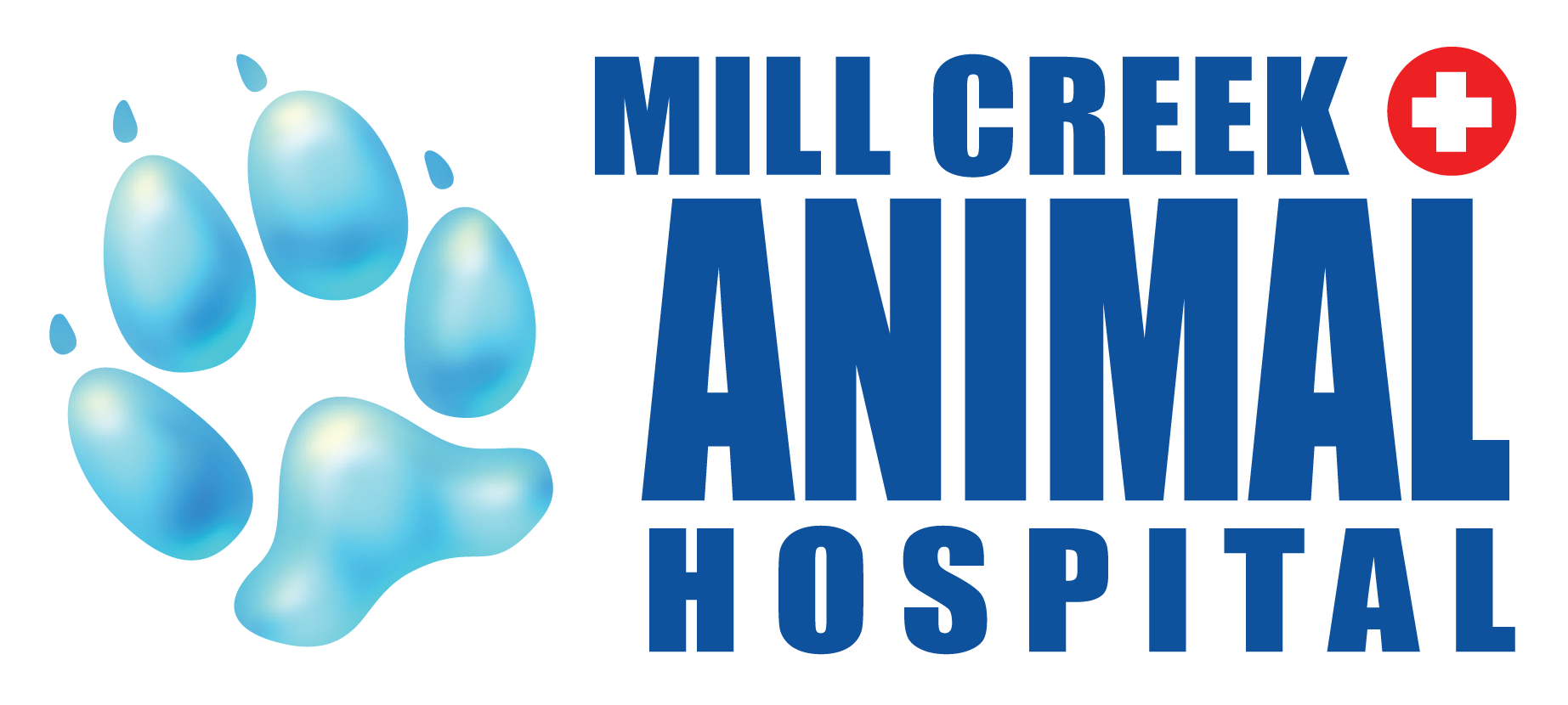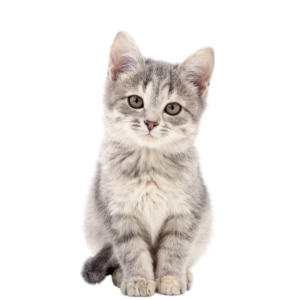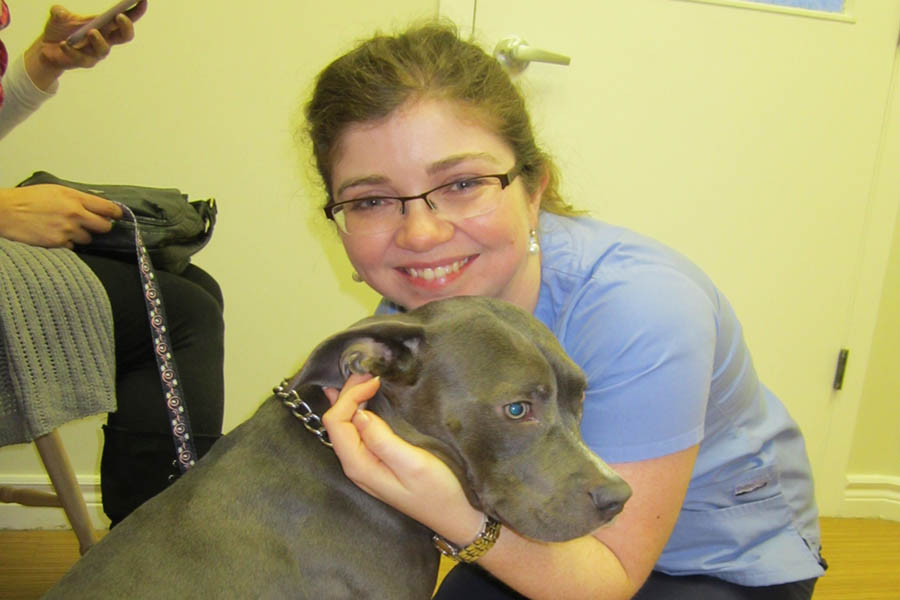The Facts
When a technician introduces themselves as an Animal Health Technologist (AHT) it is often not known what the role of a technician is. In Alberta, an AHT is an individual who has chosen to complete schooling; typically a jam packed 2 year program that includes both book study and practicum situations, in an accredited school to receive a Diploma of Animal Health Technology. There is then a board exam written by technicians across North America that needs to be passed once schooling is done, and an Alberta Association of Animal Health Technicians list of regulations that need to be adhered to. An example of these regulations would be participating in a minimum number of hours required each year to furthering our education in order to maintain certification. A technician does not choose this field for the glamour or wealth it will bring, but rather, they are genuinely interested in the wellbeing of creatures in the animal world.
It is often upsetting for us when people think or make reference that we are in the field for the money, when that is not the case. Technicians are often kind hearted, hardworking and compassionate individuals who dedicate their lives/work to improving the lives of their patients. We feel that we are truly there to give a voice to those who can’t speak for themselves. It isn’t uncommon for a technician to know your pet’s name better than your own, to be found cuddling a pet recovering from surgery in the kennel, or crying with you when it is time to say good bye to your cherished family member. Our job description is vast. Within the clinic dynamic a technician often works closely with veterinarians and the rest of the staff as team to make sure your pet receives the best care possible. Each role is an integral part of the clinic.
The Reality
Aside from an AHT’s education and personality, our job description is a lot more complex than what people assume.
It is often easy to try and explain what we do as “a nurse in a vet clinic” when needing a quick answer, but this does not do our role justice. Within the 2 years we are at school, we learn a multitude of roles. In a typical day we can be a nurse, an anesthesiologist, a pharmacist, a radiologist, a receptionist, a dental hygienist, a janitor, a lab technician, a nutritionist, a shoulder to cry on, an educator, and just about anything else that needs to be done. We are the ones monitoring your pet if they are hospitalized in the clinic. We follow your pet through every step of surgery; from before medications are given, introducing anesthetic, prepping for surgery, monitoring during surgery, and then recovery. We fill prescriptions and usually go over the instructions with you when starting a new medication, a veterinarian does need to approve the prescription and determine the dose. We are often also seconding checking any discrepancies. If radiographs are required, as a technician we set-up the machine, determine the required settings, take the lead in how the pet needs to be positioned and then develop the image. During a dental, we follow your pet through the full procedure (similar to what is outlined above for surgery), but also doing the cleaning, charting (we are usually the first ones to determine if a tooth might be a concern), polishing and applying the fluoride treatment. If there is a mess that needs cleaning or someone needs help, we are often right there to help. Some clinics do have tech assistants that this job is their primary concern, but poop and pee and little bit of elbow grease does not phase us. We also are the ones to get samples collected and prepared for sending out to a referral lab and are trained to complete in clinic tests, often looking at samples under a microscope, examples being ears swabs, blood smears and urinalysis. Diet can often be a difficult area to approach, between picking the right food and concerns about weight, we are there to help. We often create close bonds and connections with both pets and their owners that we become emotionally connected to their wellbeing and can be a sympathetic ear when needed. Along with all the above, we are the ones who often have more time available to dedicate to educating individuals on the importance of certain topics, this can often become an area that some technician’s find their passion. Of course I could not forget he cuddle time we get with your furry family that can make even the hardest day easier to handle. So, each day our role can look a little bit different. Our primary focus can quickly change, but for the majority of technicians we love what we do, even if it is often not understood.



